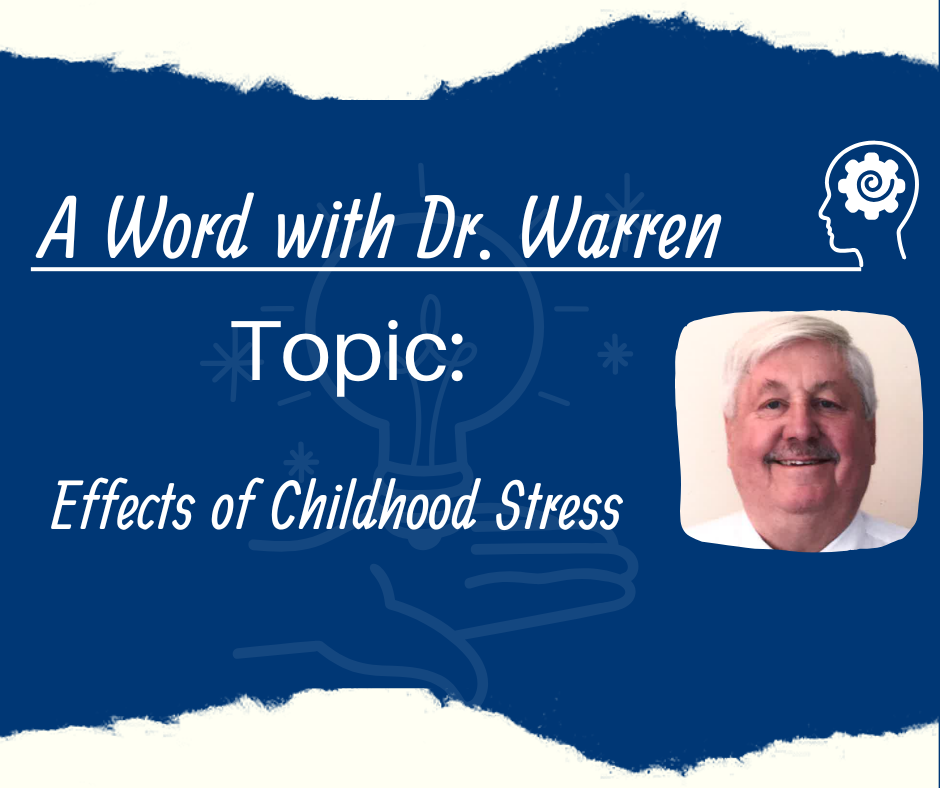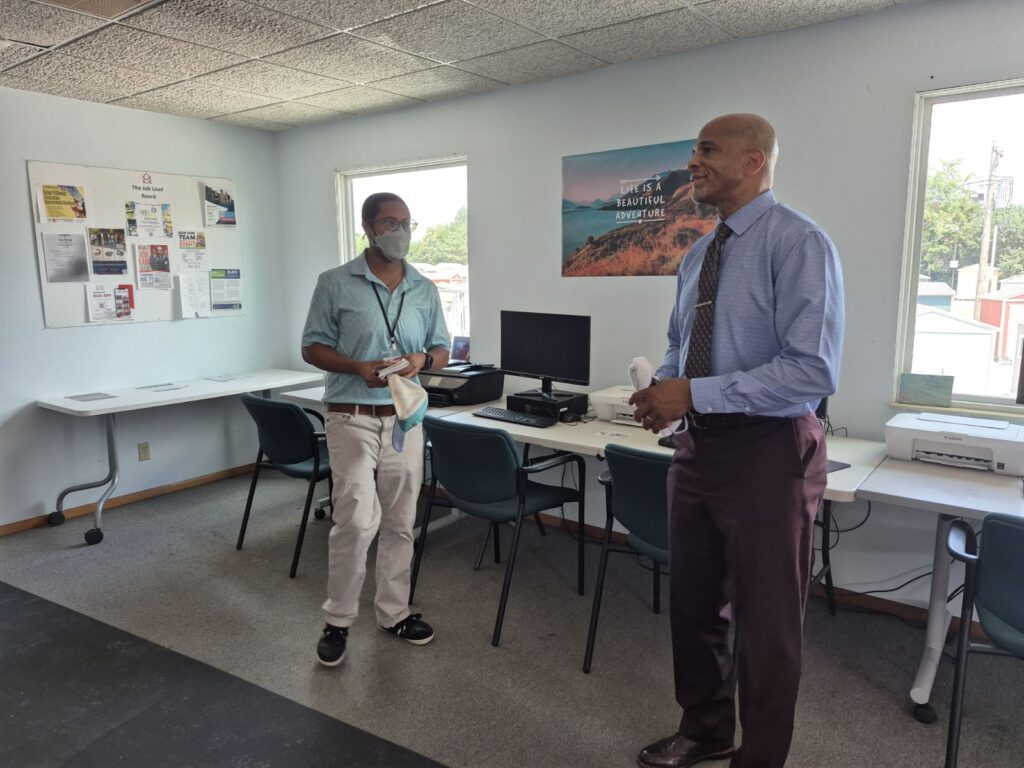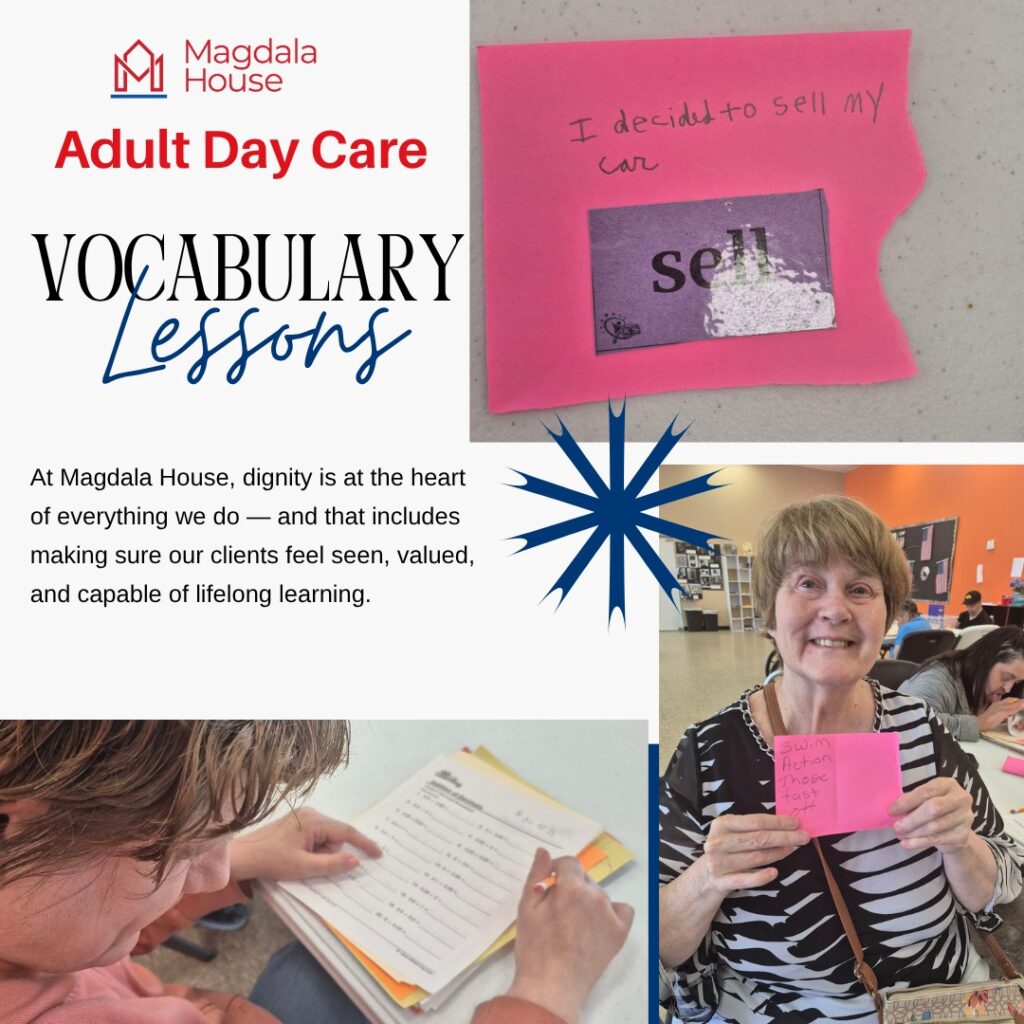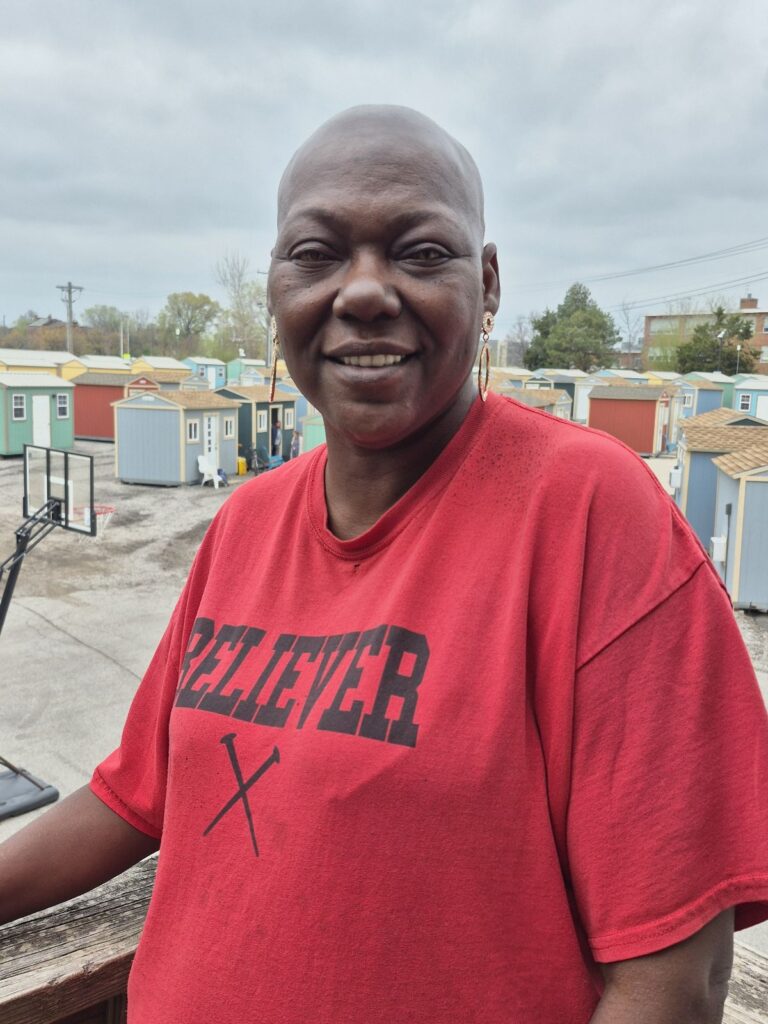“A Word With Dr. Warren” is a thought-provoking series by Dr. Warren A. Kass, a Consulting Clinical Psychologist at Magdala House with over 51 years of experience. In each segment, Dr. Kass shares his insights on personal growth, leadership, and community engagement, offering valuable wisdom to inspire positive change within Magdala House and the broader community.
During the Thanksgiving Day parade, a float performed “Why Can’t We Be Friends,” which struck me as a poignant reminder of the deep polarization our society has faced in recent years. This divide, largely fueled by rigid and uncompromising belief systems, stands in stark contrast to the lives of people experiencing homelessness in America, who often exist outside these societal rifts and are focused instead on basic survival.
According to the Department of Housing and Urban Development, approximately 0.2% of the U.S. population, or 653,104 individuals, experience homelessness. The average age of homeless adults is 50, with 70% being male. Demographically, 48% are white, 37% are Black, and over half face severe challenges such as mental illness, substance abuse, or chronic health conditions.
At Magdala House’s transitional residential program, the challenges exceed national averages. In 2022:
- 72% of residents experienced mental health issues.
- 21% struggled with illegal drug use.
- 11% battled alcohol addiction.
Understanding the Root Causes
Many homeless individuals face significant social isolation, often stemming from issues that begin early in life. Those with mental illness frequently experience rejection from peers, disruptive classroom behavior, and ineffective interventions. Many cycle through hospitalizations without proper aftercare, leading to worsening symptoms and a sense of hopelessness.
Similarly, substance use problems often start early, with affected individuals facing criticism, punishment, and isolation. For some, substance use becomes a form of control amid chaos, but co-occurring mental illness and addiction often spiral into despair, increasing the risk of suicide.
In addition to mental health and addiction, 50–60% of homeless individuals face chronic physical illnesses, such as diabetes, heart disease, or neurological disorders. Many of these conditions are compounded by mental health or substance use challenges.
Magdala House’s Holistic Approach
Magdala House begins by conducting a comprehensive assessment of each resident, prioritizing issues, and creating personalized treatment plans. Staff members collaborate with medical, mental health, and substance use professionals to address primary barriers to recovery.
As barriers begin to lessen, occupational therapy staff help residents build essential social skills, including:
- Conversational skills and active listening.
- Asking for or offering help.
- Finding shared interests.
- Managing interpersonal challenges through Cognitive Therapy.
One promising development is classroom-style treatments that teach individuals how to improve their quality of life despite persistent symptoms like hallucinations. These approaches empower residents to reclaim control and foster meaningful connections.
A Broader Call for Unity
While we are making strides in helping those once deemed beyond aid, broader societal divisions remain. As we work to restore lives through compassion and understanding, perhaps we can address the stubborn polarization hindering progress. If people experiencing homelessness—who face immense challenges—can find hope and healing, there’s hope for greater harmony in society at large.
Magdala House remains committed to addressing barriers and building a foundation for recovery, resilience, and reintegration into the community.
Dr. Warren







